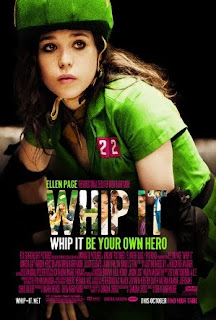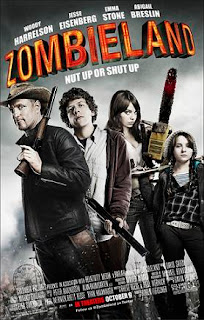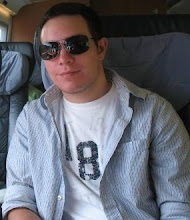UNC’s Burch Fellowship, which began in 1993, is a prestigious honor given to a few of the university’s students each year. The students are awarded grants of up to six thousand dollars in order to explore and research a specific topic of interest to them, “in a way and to a degree not otherwise possible” (as the Fellowship’s site states).
One of the goals of the Burch Fellowship, and as is apparent by the information provided on their site, is to promote the idea that the possibilities for research are limitless. Past recipients of the grant have traveled all over the world to explore and focus on their topics, from South America to Europe to Asia. However, the research need not only be done in foreign countries, as many of the Burch Fellows have stayed within the United States to accomplish their goals. As well, all fields of research are given equal opportunity as the Advisory Board consists of members from various departments from music to psychology to physics. Thus, looking through the list of Fellows shows the variety of subjects examined from fields in English to science to history and culture. While possibilities for research are endless, the website is sure to emphasize the need for feasibility of the proposal and of how it can be accomplished. Along with the proposal, attachments about actual (not estimated) costs are required, along with letters from those in that field to comment on the project’s feasibility. As well, it seems like the proposals chosen often involve aspects of research that can be brought back and used/applied to today’s processes and actions.

.jpg)


